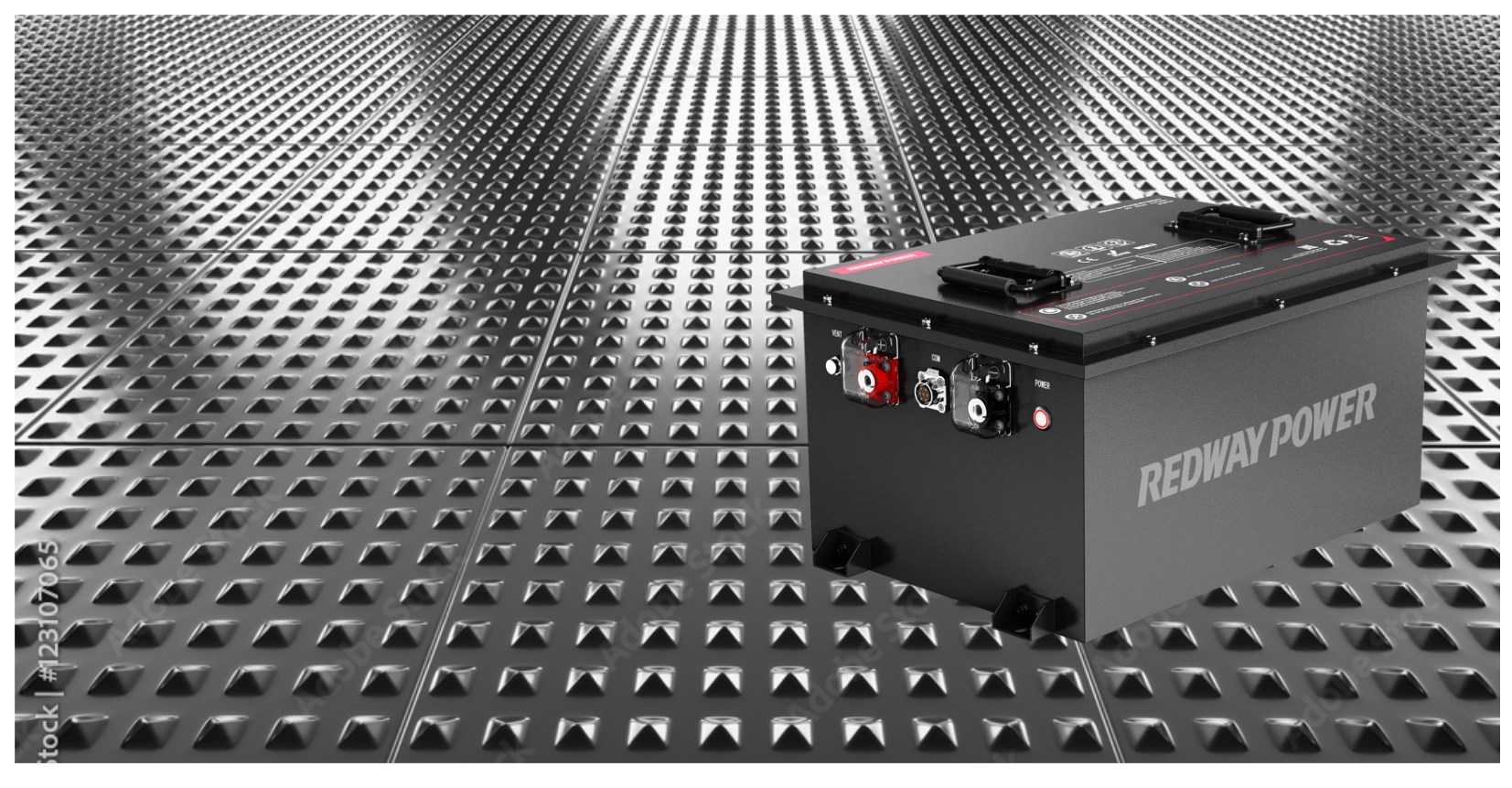In today’s rapidly evolving world, the importance of recycling golf cart batteries cannot be overstated. Improper disposal of lead-acid batteries, which are commonly used in golf carts, poses significant risks to both our environment and human health. By understanding and following proper recycling procedures, we not only help in reducing pollution but also contribute to the recovery of valuable materials such as lead and plastic. This comprehensive guide aims to provide detailed, actionable steps to ensure the responsible disposal of golf cart batteries, ultimately contributing to a cleaner and healthier future for our communities and the planet.
Understanding the Environmental Impact of Lead-Acid Batteries
Lead-acid batteries are prevalent in golf carts due to their reliability and cost-effectiveness. However, their improper disposal can lead to severe environmental consequences. Lead contamination from these batteries can seep into the soil and water systems, causing long-term damage to ecosystems and human health. The acidic electrolytes in these batteries can also contaminate groundwater, affecting the quality of drinking water. Given these potential hazards, recycling golf cart batteries is not just an option—it is an imperative for environmental conservation and public health.
Steps to Properly Recycle Golf Cart Batteries
1. Remove the Batteries from the Golf Cart
The initial step in recycling golf cart batteries involves safely removing them from the golf cart. Ensure that the golf cart is turned off and unplugged before beginning this process. It is essential to wear appropriate safety gear, including gloves and eye protection, to avoid any potential hazards from battery acid or other materials.
Wholesale lithium golf cart batteries with 10-year life? Check here.
2. Inspect for Leaks and Neutralize Any Leakage
Once the batteries are removed, inspect them for any signs of leakage. Battery acid leakage can be hazardous and should be addressed immediately. If any leakage is detected, it is crucial to neutralize the acid to prevent further contamination. Use an acid-neutralizing agent or a mixture of baking soda and water to neutralize the battery acid. Carefully clean up any spills and dispose of the cleaning materials according to local regulations.
3. Transfer the Batteries to a Leak-Proof Container
To ensure safe transportation, place the batteries in a leak-proof container. This step is vital for preventing any accidental spills or leaks during transport. Use sturdy containers that are specifically designed for battery storage and ensure that they are properly sealed. Label the container clearly to indicate its contents and any potential hazards.
Want OEM lithium forklift batteries at wholesale prices? Check here.
4. Locate a Battery Drop-Off Location or Contact a Facility
Finding a suitable recycling facility is the next critical step. Local battery drop-off locations, auto parts stores, or hazardous waste facilities often accept lead-acid batteries for recycling. Many regions have designated collection points for battery disposal. Contact local recycling centers or consult your municipal waste management services for information on the nearest drop-off locations.
5. Schedule a Pickup if Necessary
In some cases, it may be more convenient to schedule a pickup service for your golf cart batteries, especially if you have a large quantity or are unable to transport them yourself. Many recycling facilities offer pickup services for bulky items like batteries. Ensure that you schedule the pickup in advance and provide any necessary information about the battery types and quantities.
The Benefits of Recycling Golf Cart Batteries
Reducing Environmental Pollution
By recycling golf cart batteries, we significantly reduce the risk of environmental pollution. Proper recycling prevents harmful substances from contaminating the soil and water systems. It also helps in minimizing the overall environmental footprint of golf cart maintenance and usage.
Recovering Valuable Materials
Recycling golf cart batteries allows for the recovery of valuable materials such as lead, plastic, and sulfuric acid. These materials can be processed and reused in the manufacturing of new batteries or other products. This closed-loop recycling process not only conserves natural resources but also reduces the need for new raw materials.
Promoting Public Health
Proper battery recycling helps to mitigate the health risks associated with lead exposure. Lead is a toxic metal that can cause serious health issues, including neurological damage, especially in children. By ensuring that batteries are recycled correctly, we contribute to reducing the risk of lead contamination and protecting public health.
Regulatory Compliance and Legal Obligations
Adhering to proper recycling practices is also a matter of regulatory compliance. Many jurisdictions have strict regulations regarding the disposal of lead-acid batteries. Failing to comply with these regulations can result in significant fines and legal consequences. By following the outlined recycling steps, you ensure that you meet legal requirements and contribute to the broader goal of environmental protection.
Conclusion
Recycling golf cart batteries is a crucial step in safeguarding our environment and public health. By following the detailed steps outlined in this guide, we can effectively manage battery disposal and contribute to a more sustainable future. Proper recycling not only reduces pollution and recovers valuable materials but also aligns with regulatory requirements and promotes public health. We encourage everyone to take responsibility for their battery disposal and support efforts towards a cleaner and healthier planet.






